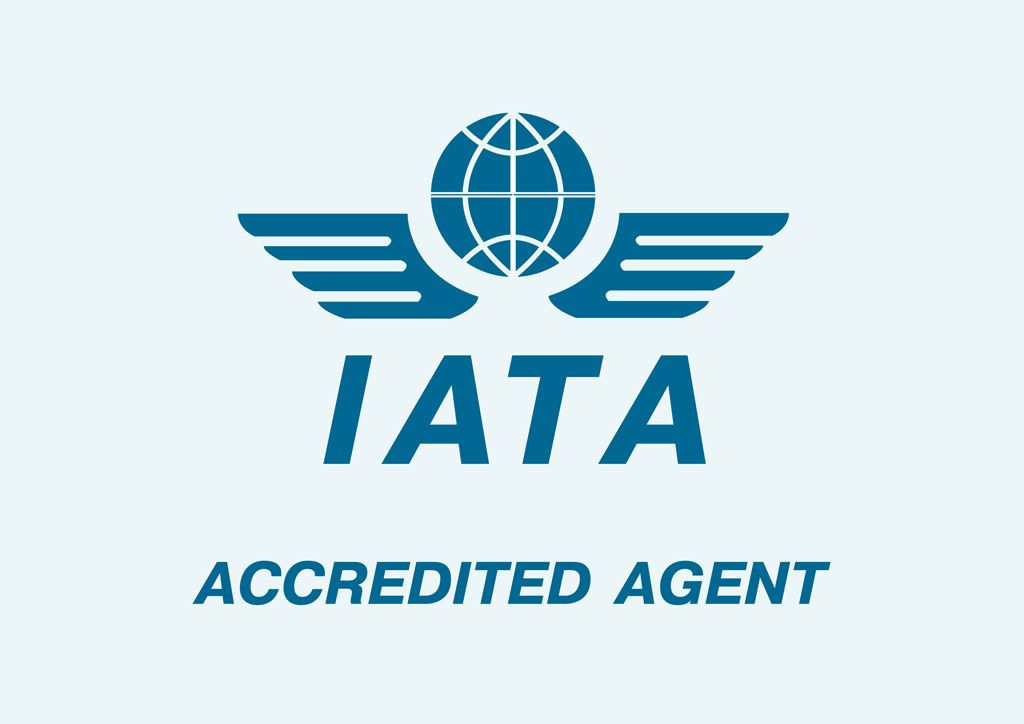How to effectively manage your hotel attrition?
Hotel room block attrition refers to the situation where a significant number of reserved hotel rooms remains unbooked or unused within a specific timeframe.
This can happen due to various reasons, such as changes in the number of attendees, cancellations, or last-minute changes in the event schedule. Attrition can have a negative impact on both hotels and event planners, leading to financial losses and logistical challenges. Another cause of attrition is the availability of alternative accommodation options. Attendees may choose to stay at nearby hotels or Airbnb rentals instead of booking rooms within the reserved block at the hotel. This can lead to a decrease in the utilization of the reserved rooms, causing attrition.
Impact of hotel room block attrition on hotels and event planners
Hotel room block attrition can have significant financial implications for both hotels and event planners. Hotels rely on the expected revenue from the reserved room block to meet their financial targets. At the time of the contract, hotel takes guestrooms out of their inventory and holds them for the group. Attrition usually has allowable slippage but when a large number of rooms go unoccupied, hotels may not be able to recover the lost revenue, putting a strain on their profitability.
Hotel contracts usually have two items that meeting planner needs to pay attention to, when it comes to attrition: % of allowed attrition and cut off date for attrition.
For event planners, attrition can result in financial penalties imposed by the hotel when conference room block has unoccupied rooms that exceed allowable slippage AND cut off date has passed.
That is when attrition charges are assessed and meeting planner is presented with estimate of those charges.
Attrition clause in hotel contract
When sending RFP to the hotel, include information on attrition percentage you want for your room block. Industry standard is anywhere from 80-90%. Being upfront with the hotel on your expectations saves you and hotel time going back and forth. To further protect yourself, specify in attrition clause what happens when hotel reaches 100% occupancy over your meeting dates (excluding out of order rooms). Usually, hotels agree to include sentence in attrition clause, that if hotel reaches 100% occupancy on any of the nights client is in attrition, the attrition charge is not going to apply. When including this sentence, make sure that hotel agrees to provide you daily reports on hotel occupancy when you are on-site.
Another avenue to mitigate attrition charges is to set up two cut off dates, that are a month, or so, apart (depending how far in advance meeting planner is booking the venue). If your registration numbers are low and pace is much slower compared to previous years, having two cut off dates will allow to start mitigating attrition risk earlier in the process as well as give hotel additional time to sell, potentially unused, rooms.
Strategies to minimize hotel room block attrition
While hotel room block attrition can be challenging to completely eliminate, there are several strategies that event planners can employ to minimize its impact. Effective communication and negotiation with hotels, careful consideration of contract terms, and proactive monitoring and management of room block utilization are key. First off, having accurate numbers for room block is necessity to avoid attrition when its conference time. In order to gain the knowledge of what are the best numbers to contract, meeting planners need to have a look into last 3 years of data from the meetings. If you don't know where to start - contact us for a free consult!
Communication and negotiation with hotels
Open and transparent communication with hotels is crucial in managing room block attrition. Event planners should clearly communicate their expectations and anticipated room block utilization to the hotel. By providing accurate attendee numbers on RFP, possible with our 7 Step Process to Event Design , and keeping the hotel informed of any changes, both parties can work together to minimize attrition.
Negotiating flexible contract terms i.e. lower penalties % or more favorable terms based on the specific needs of the event are definitely helpful in times when attrition comes into play. Hotels are often willing to accommodate reasonable requests, especially if there is a strong partnership between the hotel and the event planner.
Examples of what to ask for when negotiating with hotel: higher % of slippage - current industry standard is 10-20%, cumulative attrition (not per day), cut off date as close to arrival date as possible, for conferences booking far out dates: two reviews of room block where it is allowed to release certain % of rooms - 18 months prior and another one at cut off date (21 or 14 days prior to arrival), increased % of allowable slippage, no attrition charges on nights hotel reaches 95-100% occupancy etc
Monitoring and managing room block utilization
Proactive monitoring and management of room block utilization are crucial in minimizing attrition. Event planners should regularly review the room block utilization and communicate with attendees to ensure they are booking within the reserved block. This can be done through targeted email reminders or personalized booking links.
Room block names vs. registrant list audit is one of best practices meeting planners can implement. This process allows audit of every registrant vs. names in the room block. Any discrepancies can be resolved at that time.
In cases where attrition is anticipated, event planners can consider releasing unbooked rooms back to the hotel before the attrition deadline. This allows the hotel to sell the rooms to other guests and minimizes the financial impact on the event planner.
Creative solutions for minimizing attrition
Event planners can also employ creative solutions to minimize attrition. Offering incentives for attendees to book within the reserved block, such as discounted rates or exclusive perks, can encourage higher utilization. Additionally, partnering with the hotel to promote the event and its benefits to potential attendees can help generate more bookings within the block.
When hotel is insisting on per day attrition and is not willing to accommodate cumulative method, what you could negotiate is a varying attrition % by day. Another solution is to re-block at lower numbers with a negotiated ability to increase your block on a rolling schedule (based on availability) at group rate (hotel’s discretion) or at a specified +X% above group rate. Our recommendation is to always ask for cumulative attrition but in some instances, meeting planners may need other solutions.
Do you need more guidance on attrition? Send us a message!
Corporate Event Planning



